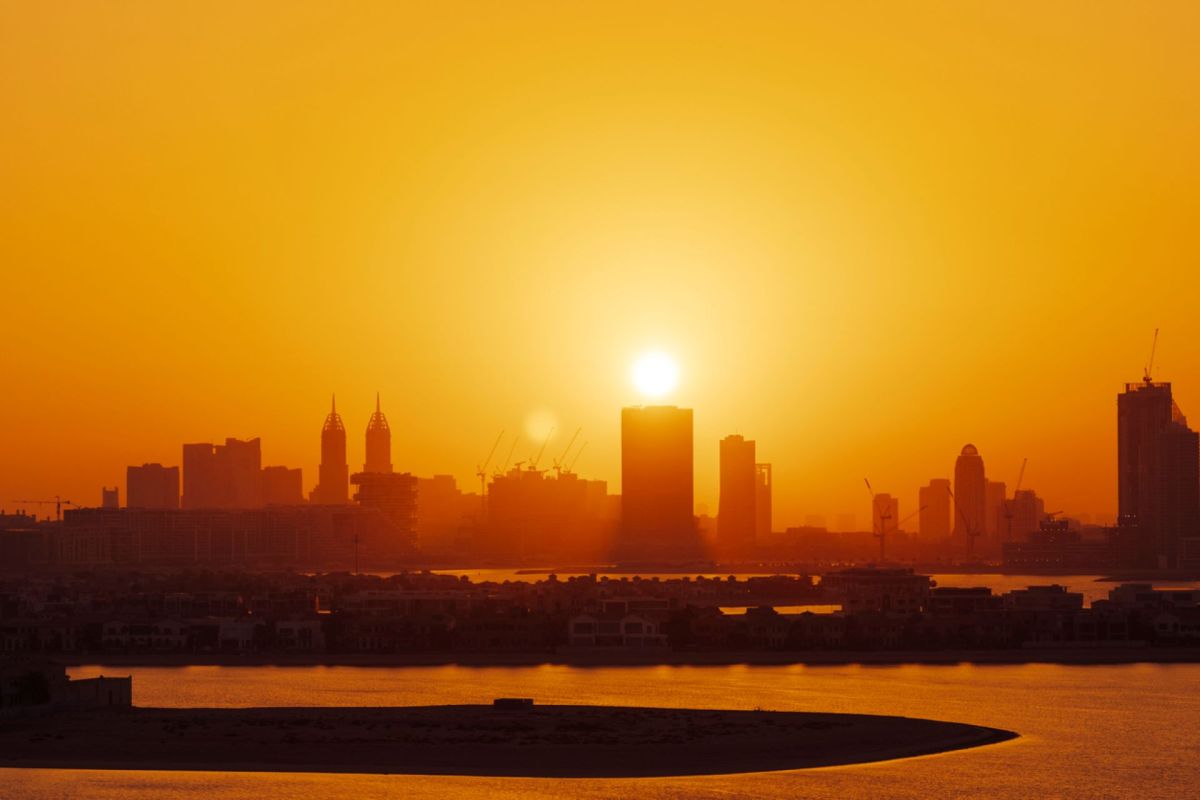Our planet may be heating past what scientists consider a safe limit faster than predicted.
What's happening?
This year, temperatures across the globe could reach about 1.7 degrees Celsius (3 degrees Fahrenheit) higher than pre-Industrial Revolution averages, according to a man dubbed the "Godfather of Climate Science." That passes the 2.7 F threshold that world leaders set as the mark needed to prevent the worst climate disasters.
Ex-NASA scientist James Hansen, who is credited with first alerting Congress to the dangers of rising global temperatures in the 1980s, warns we'll blow past the next limit of 3.6 F (2 C) even sooner than he originally forecasted unless we take immediate action.
"We are not moving into a 1.5C world; we are briefly passing through it in 2024," Hansen told the Guardian. "We will pass through the 2C (3.6F) world in the 2030s unless we take purposeful actions to affect the planet's energy balance."
These climbing thermometers are thanks to nonstop atmospheric pollution. Gases such as carbon trap heat, making the planet toastier. In fact, last year was the hottest on record.
Now, weather events such as El Niño in the Pacific are turning up our planet's heat even more.
Why are rising global temperatures a big deal?
Passing these limits means more intense hurricanes battering homes, crop-killing droughts that spark famines, and deadly heat waves rocking communities across the globe. Going past 2.7 F could damage life as we know it, Hansen and other scientists caution.
"These superstorms are a taste of the storms of my grandchildren," Hansen told the Guardian. "We are headed wittingly into the new reality — we knew it was coming." He added: "We are damned fools."
Kerry Emanuel, a climate and meteorological expert at the Massachusetts Institute of Technology, agreed: "Perhaps once half the population of the planet has experienced at least one of these weather catastrophes, they will get their leaders to act. I hope it doesn't take that much pain."
What can I do to stop rising temperatures?
The good news is we can still change course. Installing solar panels, opting to bike even once a week, and cutting meat consumption slashes pollution and energy bills. Small, money-conscious lifestyle tweaks make a real difference.
Little changes in how we live, eat, travel, and shop add up to a healthier planet and fatter wallets.
Join our free newsletter for weekly updates on the coolest innovations improving our lives and saving our planet.









